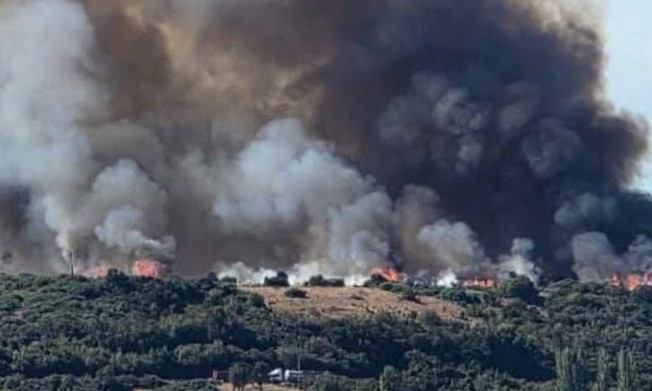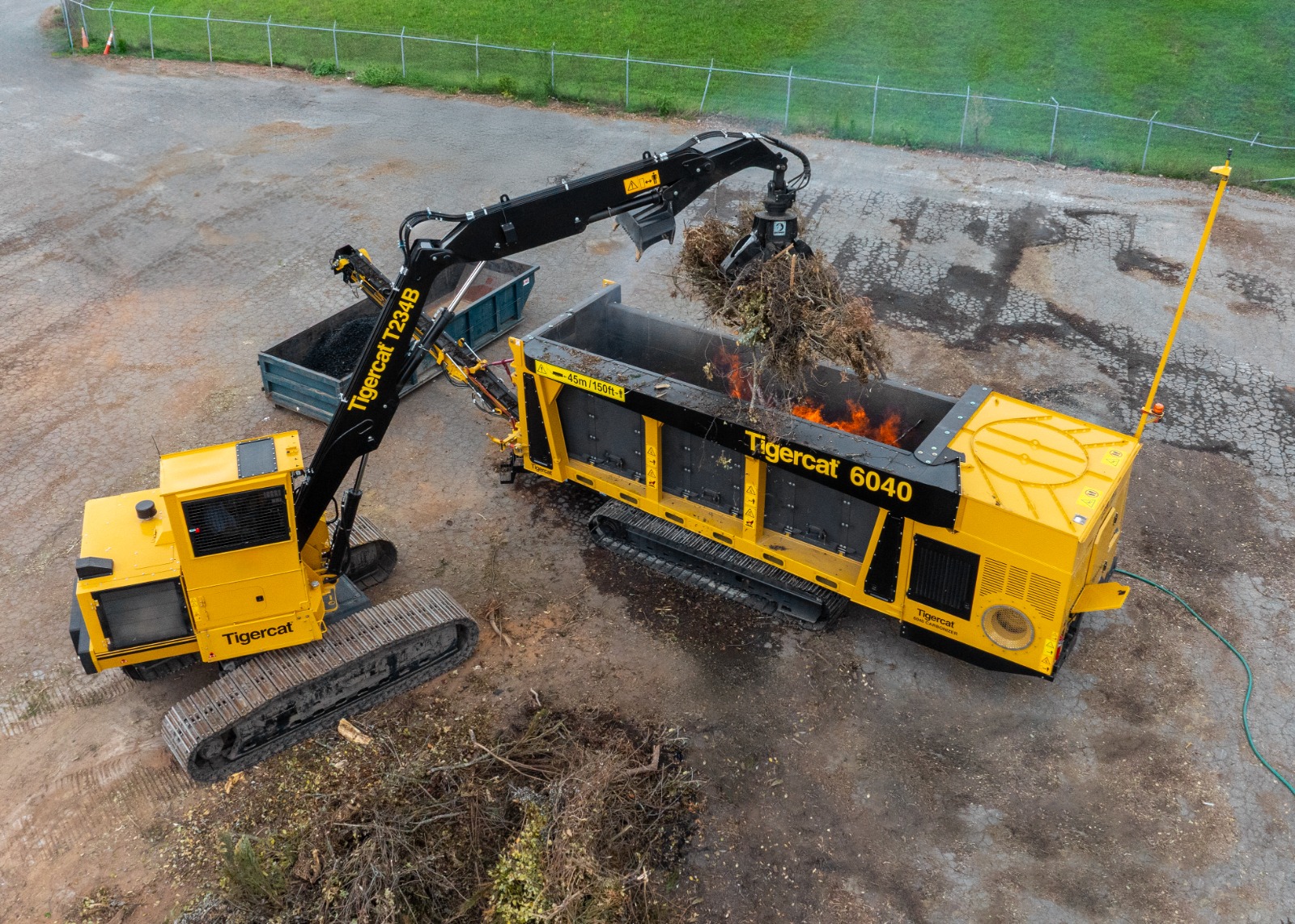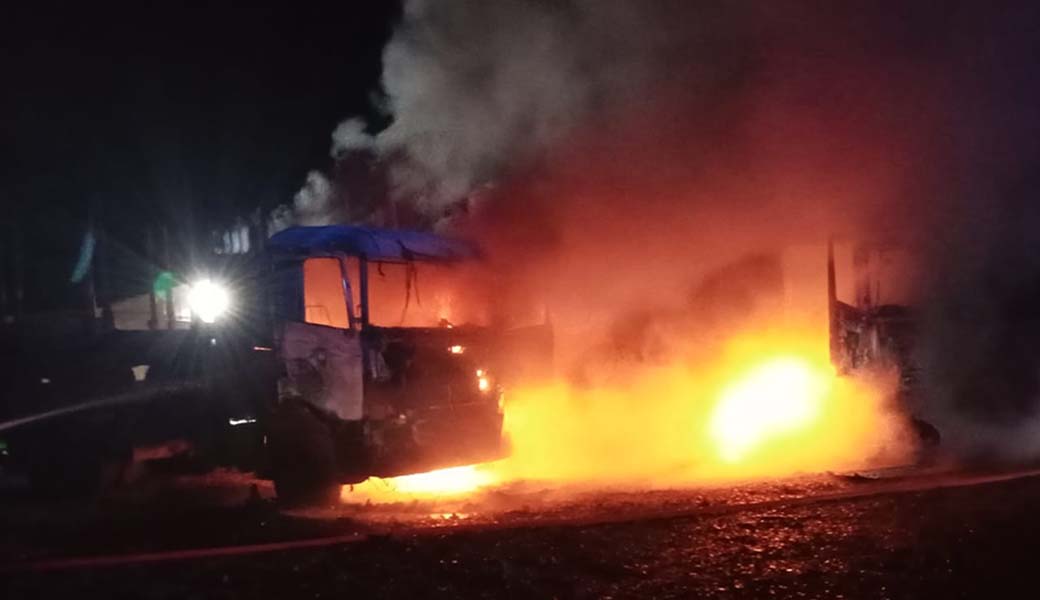After it was revealed that the Buen Vivir Plan has a new national leader, lawyer Francisco Arellano, local authorities from the province of Arauco, as well as representatives from the forestry industry and victims of rural violence, shared their perspectives on how this government strategy has been perceived and implemented.
Recall that this territorial plan aims to resolve and acknowledge the historical debt between the Chilean State and the Mapuche people, in addition to improving the quality of life for local residents through various actions, such as dialogue and investment in public works in the regions of Biobío, La Araucanía, Los Ríos, and Los Lagos.
Buen Vivir Plan Assessment
Specifically, this initiative seeks to address the conflicts in the regions comprising the Southern Macrozone by expediting the restitution of lands to indigenous communities, creating the Ministry of Indigenous Affairs (which has been in its second constitutional review since July 2022), holding dialogues with communities, and generating investments for the comprehensive development of the area.
In this regard, the provincial delegate of Arauco, Humberto Toro, reiterated the decline in rural violence in the province—evidenced by reduced timber theft and attacks—and stated that the Buen Vivir Plan is enabling “not only progress in security but also in terms of communities actively engaging in work related to their relationship with forestry companies.”
According to Delegate Toro, this refers to communities now dedicating themselves to timber production, which they sell directly to forestry companies. “This directly combats timber theft,” Toro emphasized.
He further explained that work is being done on “water access, roads, and productive development, so that communities and society feel that the security being generated also serves development. This shows that coordination between security and development goes hand in hand.”
Meanwhile, the mayor of Lebu and president of Arauco 7, Cristián Peña, noted, “I have a positive assessment of the Plan, first in theory, because I believe it was what was needed, and I feel it has met certain expectations—not entirely, but it has delivered on one surprising aspect: resource allocation.”
“For example, we secured funding to rebuild the Isla Mocha School, as the Plan contributed $5 billion, complementing what the Regional Government will allocate for the same project. This, along with other initiatives funded in Arauco Province, including part of a high school in Cañete,” Peña said.
However, he stressed that better communication with those leading the territorial strategy would be optimal to evaluate the impact of measures taken in the area. This is because, according to Peña, the last meeting took place two months ago.
“That’s what’s missing—whenever there’s a plan, it’s good for the leader to maintain a checklist, communicating progress. Maybe that’s where there’s been a slight shortcoming. Still, my assessment is positive; it’s been much more effective than the Arauco Plan.”
Forestry Contractors
However, the perspective of the Association of Forestry Contractors diverges, at least from that of Arauco’s provincial delegate. According to René Muñoz, president of the forestry association, they lack substantial information on how the Buen Vivir Plan is functioning, and tensions persist.
“Half of Arauco Province remains under the control of violent groups; you can’t freely travel the route to Purén or the area near Tirúa,” Muñoz said.
He added that while he considers the Buen Vivir Plan a good initiative if its projects are implemented, economic activity remains sluggish: “Arauco Province has been a lagging zone for a long time.”
He noted that discussions have been held with relevant authorities to “start seeking normality because this can’t drag on any longer, especially when economic activity—not just forestry—is completely stalled.”
Victims of Rural Violence
Although the Buen Vivir Program does not focus on reparations for victims of rural violence—other programs, like the Support Program for Victims of Rural Violence, address this—we spoke with an organization aiding these individuals. Despite ongoing state programs, they explained that government support remains minimal.
In conversation with Solange Etchepare, executive director of the Victims of Terrorism Foundation in Chile, she explained regarding the Buen Vivir Plan: “We’ve had no contact with those people, not even a conversation or a meeting.”
Additionally, Etchepare commented that regarding any work being done with victims in the area, at least with her foundation, “I don’t see major progress; I’m unaware of any concrete actions being taken for victims in the area.”
“Today, we are pursuing legal actions in Chile against the State and through an international strategy that will soon begin at the Geneva Court for crimes against humanity,” Etchepare said.
Source:www.diarioconcepcion.cl







Comments (0)
No hay comentarios aún. ¡Sé el primero en comentar!
Deja un comentario